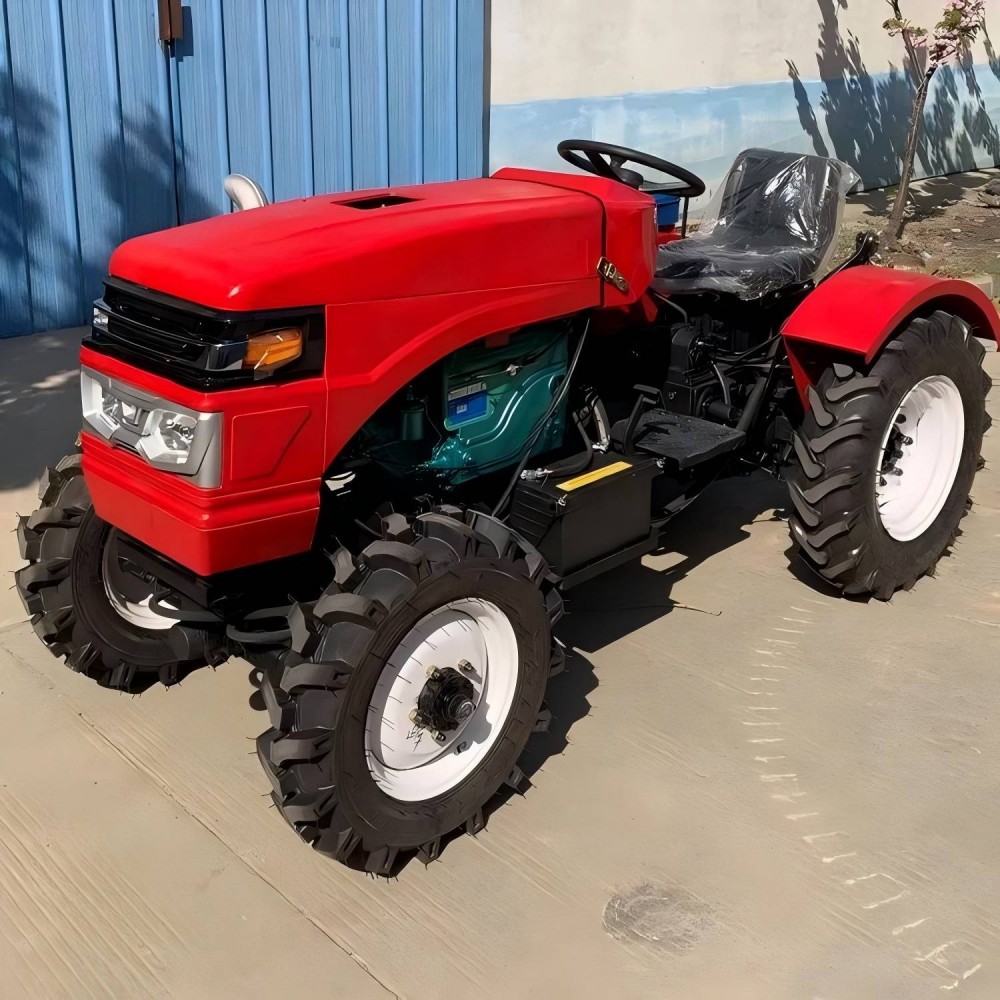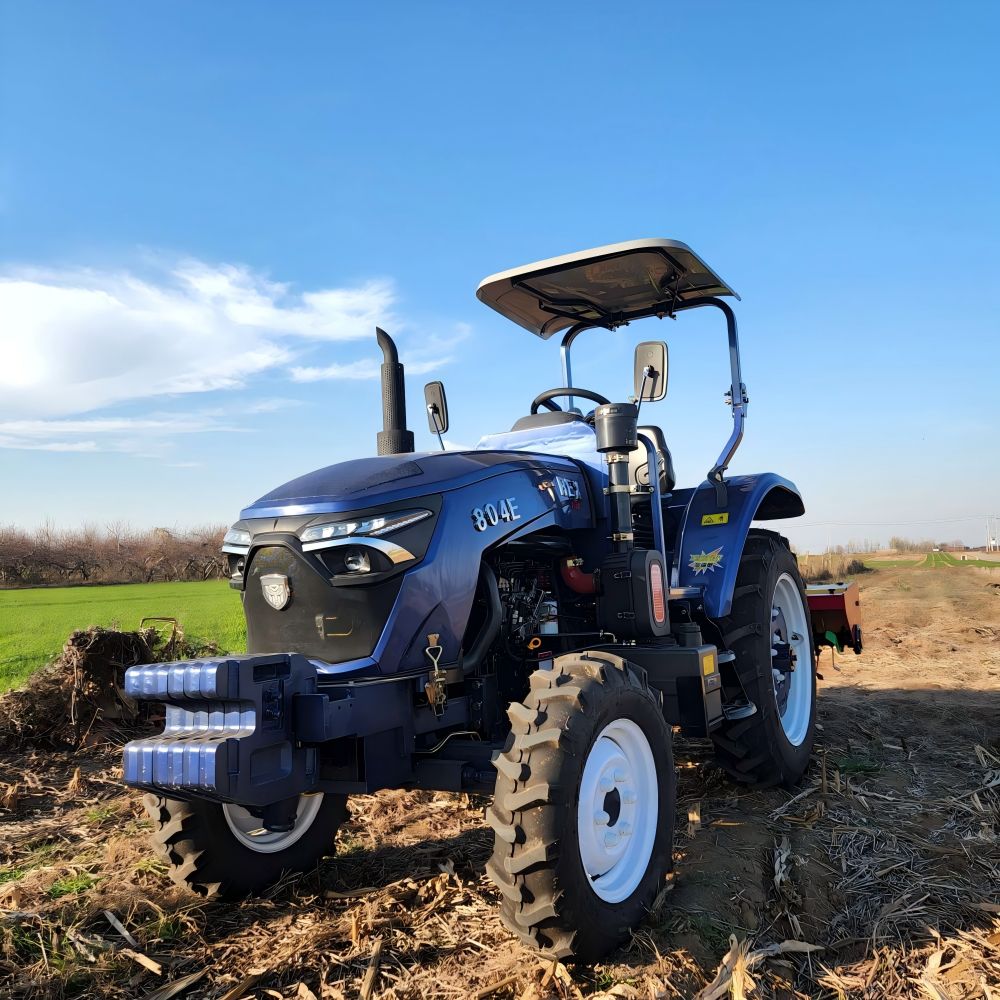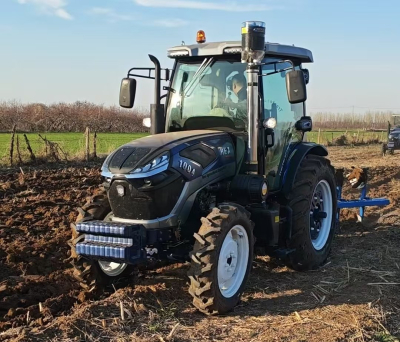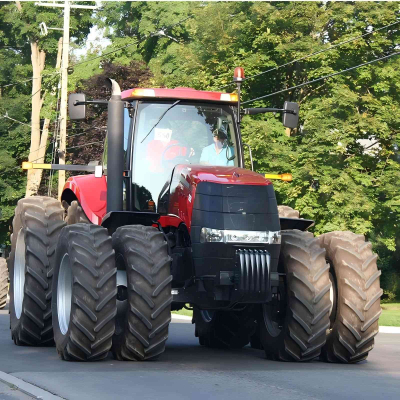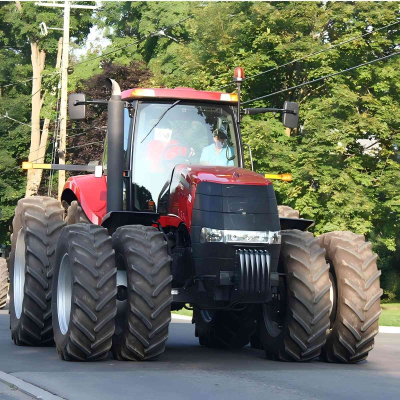From cast iron flows to artificial intelligence, farm innovation endures forever
American farmers, regardless of age, are cautious before adopting new technologies.
It was a beautiful morning in 1797, filled with fresh air. Seemingly overnight, the apple tree burst into blossom and early spring songbirds squawked on the fence. This is an exciting time for American farmers.
Just three years ago, Eli Whitney invented the cotton gin in Georgia. But this morning, 17-year-old blacksmith Charles Newbold from New Jersey is demonstrating another innovation that could completely change farming: the world's first cast iron plow.
He walked through General John Black's garden, and a group of curious peasants stood at the edge of the field. They watched in alarm as the teenager manipulated his new invention through the recently thawed ground, leaving a trail of black dirt.
The effectiveness of the plow is obvious. Newbold cast his patented plow as a single piece - combining the plow, share and side of the plow - with a wooden handle and beam.
The peasants don't believe in this. “It will poison the Earth,” said the old gentleman, referring to the cast iron. He took out his pipe and blew smoke into the cool air.
"Children and their equipment. What does he even know about farming?"
The others nodded and agreed. Low profit margins prevent them from taking risks on unproven technologies. So, one by one, they left a frustrated Newbold to take on his innovative work.
An old wooden plow works well. Why try to fix things that aren't damaged?
Mistakes in using technology. 227 years have passed since 1797, but it could have happened yesterday. The profit is minimal, there is no need to repair what is not damaged, right?
Artificial intelligence faces similar doubts. There are a lot of concerns about data security, and giving up control is worrying to say the least. The fact that they were early adopters is concerning. However, artificial intelligence represents a huge breakthrough in agricultural technology that will ultimately transform the industry like Newbold's plow.
“I think the industry is a little short-sighted in looking at artificial intelligence. everyone is looking at tractors and how to turn them into robots,” said Craig Rupp, founder of agtech company Sabanto, which has invented a suite of autonomous tractor modifications. “This is the dilemma of innovators: they are 100% focused on how to make the next biggest tractor. I think artificial intelligence will be used as a tool to optimize agricultural operations.”
Some artificial intelligence technologies are already available and can help farmers improve office efficiency. But there is a generation gap. Roop says age is the biggest barrier to adoption.
“ The most successful agricultural companies will find a way to tap into the next generation that never left SMS, the Internet or smartphones. This is their world and we need to adapt to them,” he said.
This is happening, but progress is slow. Overall, the agtech industry is helping farmers adopt new technologies such as artificial intelligence. Rupp expects this adoption to gain momentum by 2025.
As the new year begins, U.S. agriculture enters an era of agricultural innovation. Today, as in 1797, the air is filled with new life.
Author: Li Shichao
Source: Agricultural Machinery News Network

